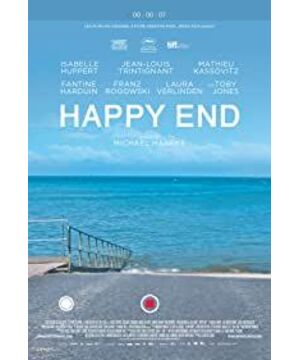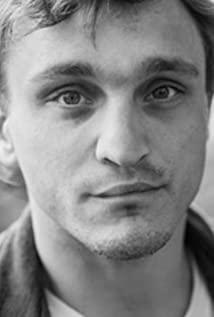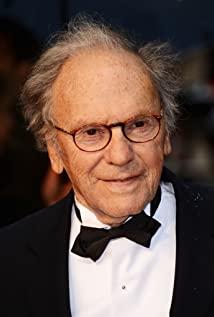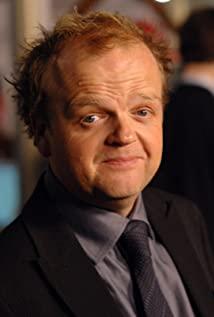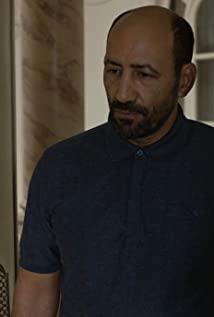As a reporter at a film festival, if you only watch films and write film reviews, there are usually two dimensions to evaluating a film: the first dimension is naturally compared with other films in the same unit competition. After all, the final award belongs to everyone. matter of concern; another dimension is the comparison with the filmmaker's previous work (if not the debut), especially the previous award-winning film masterpiece.
And this year's Cannes Film Festival's most anticipated master is naturally Austrian director Michael Haneke. You must know that the last two times he brought his works to Cannes, he won the Palme d'Or in the end. If he wins again this year, then he will make history.
However, it is very difficult to evaluate "Happy Ending", because Haneke's film technique is too unique to use common sense. Only by following these two dimensions can we correctly evaluate the first film to some extent. this movie.
The media premiere of "Happy Ending" was arranged at the most golden moment of the entire Cannes Film Festival: Sunday night of the first week, and at this time the main competition unit officially entered the second half, and this year has left a mark in film history. The famous master is almost only Haneke, and the other contestants are either rising stars, such as Greek director Yorgos Lanthimos, or middle forces, such as Kawase Naomi, French director Francois Au Allow. Haneke has gone further than these "young people" in exploring the possibilities of film.
The most distinctive feature of Haneke's film technique is neither his calm and almost ruthless camera restraint nor the sudden bloody violence, but the hiding and revealing of information. "Happy Ending" has very eye-catching and eye-catching themes: the immortal French upper-class family, immigration issues, the intervention of various social network cameras, etc. He never had any hiding, which is also related to his Similar to the previous one.
Haneke's film can be seen as a "moral situational experiment": determine the subject to be studied, select the required characters, set the required situation, and speculate on the possible outcomes. However, what Haneke is interested in is not the correctness of the results, but the thinking inspired during the experiment, not only in the creator's mind, but also in the viewer.
In order to achieve this purpose, Haneke's ability to hide information is highlighted: for example, in "Happy Ending", Isabel Huppert plays the son of the mistress of a construction company. As a supporting role, his character's emotional state is very external. , one of the very uncomfortable karaoke scenes explains everything, but his emotional motivation is particularly deep, which not only shows the interruption of communication between him and his mother, but also reflects the relationship with the whole family. isolated.
Haneke hid clues to motivation in every scene where the character appeared, with or without dialogue, until the last scene where the character showed up at a company celebration lunch with a group of African immigrants and got it all.
It's a pity that if you compare "Happy Ending" to Haneke's previous work, it's the most frustrating part of him.
Haneke is known as a "control freak", every camera placement, every shot composition, every line was already determined when he wrote the script, it was just his "moral situational experiment" Part.
Although "Happy Ending" still maintains a cold sense of experimentation like "surgery", Haneke failed to give this "experimental sense" an outlet for realistic thinking this time. The collision of multiple themes dissolves the moral dilemma common in the previous works, and the emotional cohesion caused by the viewer, but this collision has not been able to outline a sufficiently broad and universal Ukiyo-e. Haneke said such a family could appear anywhere in the world, not necessarily in the Calais region of northern France, but the truth is that, as France's overland hub to Britain, this is precisely the epicentre of France's refugee problem.
Haneke refused to answer any questions from reporters that began with "why" at the press conference, arguing that "it's a very stupid thing to ask filmmakers to explain their films", just like asking "actors to explain the characters they play", All the answers are in the actors' performances (of course, qualified performances) and in the information released by the director in the film.
Haneke delivers such a concise message but is more effective than many other films that have attempted to tackle the same theme, so if Happy Ending isn't as good as its predecessor, it's still a masterpiece.
Written by/edited by beef brisket and lamb ears/Yu Xiaodao
For more Cannes related content, click to enter >>
View more about Happy End reviews


